Legacy Stories
Dennis Farrell
Dennis Farrell was a former college football player at Illinois State University in the early 1970’s. Farrell suffered multiple concussions in his football career before retiring his senior season at ISU. He had two children and was known as an avid craftsman, joyous spirit, and dedicated son, brother, and father. Around 2015, Farrell began to make poor life decisions and started to become more socially detached. Farrell was diagnosed with ALS in September 2018 as his mobility decreased; he died a month later. He wished for his brain to be studied at the VA-BU-CLF Brain Bank, and researchers there diagnosed him with Stage III (of IV) Chronic Traumatic Encephalopathy (CTE).
"Don't take life too seriously."
This was the last wisdom Dennis shared with his children and family.
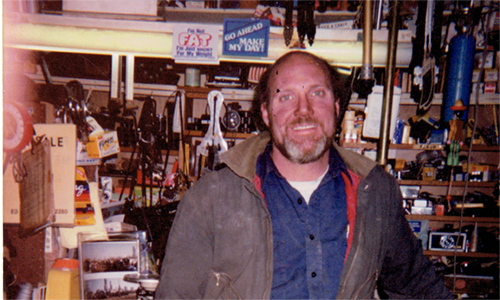
Dennis the Menace and Iron Papa Bear were his given nicknames. These offer you a glimpse into the life of this son, brother, father, and friend. He was a kind, loving, generous, strong man with a bright smile. He was born in Miami on the third day of the third month and was the third of nine children; three was always his lucky number. His family relocated back to Illinois when Dennis was a toddler. He had many fond memories growing up -- causing trouble with his five brothers and neighborhood friends. His three sisters were around to try and keep them in line.
Learning didn't come easy for Dennis. Being one of nine children, he needed a way to stand out. Exceling at sports was his thing. His success helped to deflect bad attention from his grades. He had natural talent, and he gave it his all from a very young age. He played baseball, basketball, and football. Football was Dennis’ pride and joy, and he starred at linebacker. He played for a junior league for three years, before entering Gordon Tech High School in Chicago. There, his incredible talents on the field earned him a full football scholarship at Illinois State University. A friend said, "I saw him get his bell rung multiple times. We didn't know what the lasting effects were; we just got back up and played." He played three and a half years before suffering a career-ending knee injury. He changed majors and knew he wouldn't complete his education in four years, leaving Illinois State to attend a trade school. Following in his father's footsteps, Dennis became a devoted millwright (heavy machinery mechanic). Later in life, he coached football teams in his hometown. He loved to watch the game.
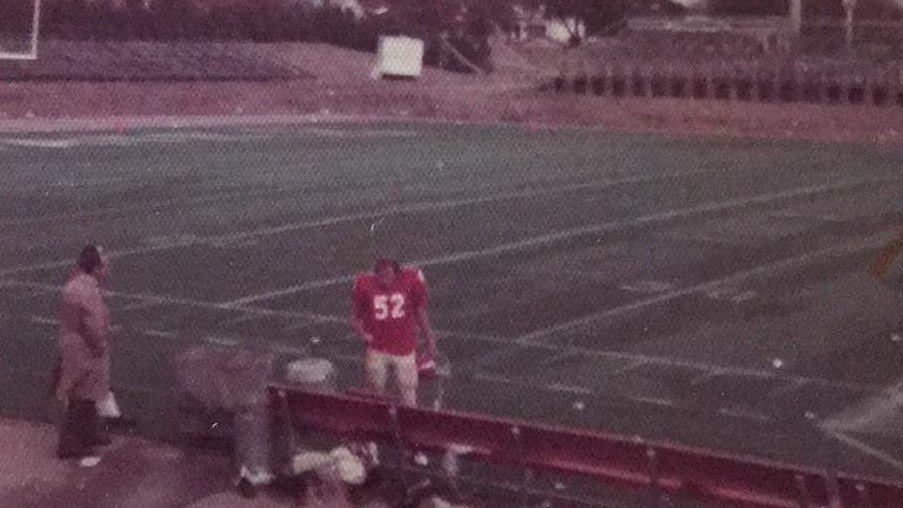
Dennis had two children. He was married to their mother for 14 years. After their divorce, he never remarried. He was a devoted father and was never considered a part-time dad. Whether it was his son’s games or practices or his daughter’s musical performances he never missed the opportunity to cheer them on.
"We were and will always be a family, even as unconventional as we were."
Dennis loved the outdoors. He liked to sail on Lake Michigan, golf with friends and family, and go on walks/hikes. He considered himself a born-again hippie, free spirit and all. He was also a craftsman at heart. He loved creating beautiful furniture pieces, winding stairs, decks, and any remodeling projects. He often worked with his brothers to complete home renovations and projects at one another's homes.
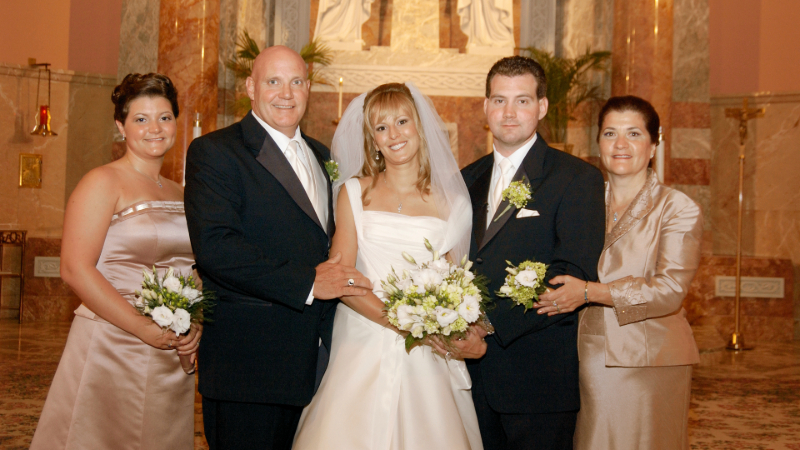
Dennis experienced a lot of life. He traveled to where work was available in his trade, offering him many different sceneries. He traveled yearly to Arizona to spend time with his mother. This was special considering he was one of nine. Family was important to Dennis and he spent a lot of time with his brothers and sister who lived nearby in Chicago. They would attend festivals, garden together and have the best barbecues. He relocated to Miami for several years working with the millwright union there; he loved being back in the city where he was born. When not working, he enjoyed activities on the ocean. He watched both of his children graduate from college, get married, and he was able to walk his daughter down the aisle. His son granted him the title of grandparent (known to his grandchildren as papa). He enjoyed spending time with his two grandsons and attended many of their various sports events. They brought light and joy into his life. Usually you'd see Dennis sporting a tie-dye t-shirt with a feather earring in his ear.
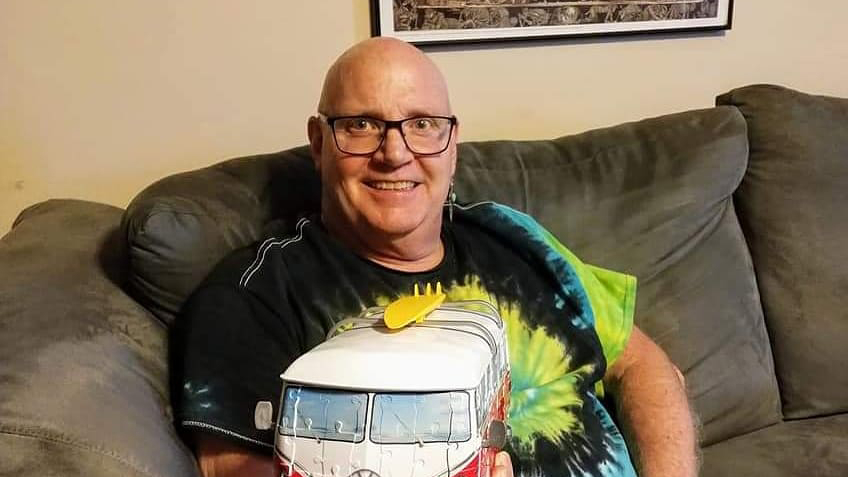
Other than behavioral occurrences, no one thought Dennis was being anything other than himself. All our lives our dad was different, unique, and one-of-a-kind. We learned from him to accept people for their differences, as you'll come to appreciate them in the end. In 2012, he had a cardiac episode that led doctors to perform a triple bypass with a mitral valve replacement. It was an extensive ten-hour surgery. It took him eight days to come off the vent. Once he was off the vent and coming around, he bounced back fairly quickly. He was doing great. He visited friends, engaged in light activities he enjoyed, and kept himself busy. He did retire from being a millwright after 36 years due to his heart.
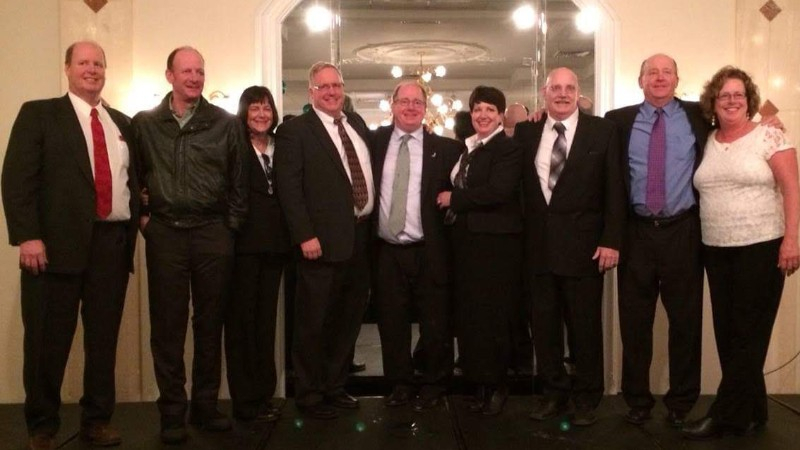
In 2015, we started to see signs that were the beginning of the end, although no one knew at the time. He was making poor choices, forgetting to pay bills, and misplacing things. Over the next three years, he stopped engaging with friends. His mobility decreased and he couldn't participate in the activities he loved. His children stepped in to help and find out what was causing these changes. We went to ten different doctors trying to find answers. Specialists would point to another one saying it wasn't in their realm of medicine.
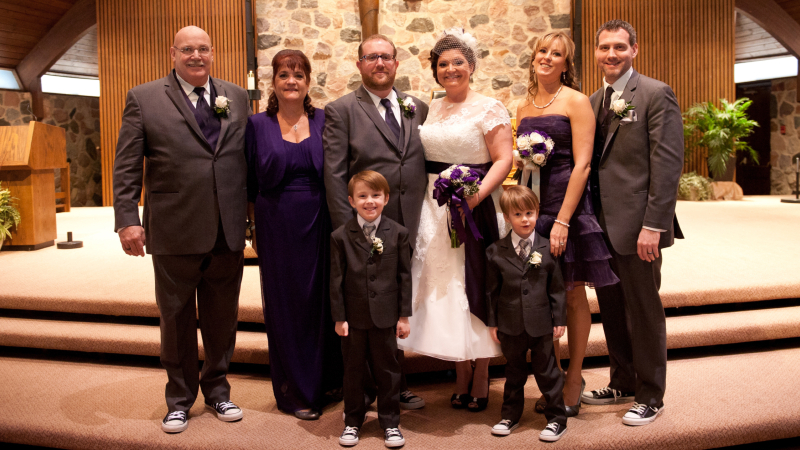
Dennis’ children helped manage his finances, insurance paperwork, and care. They shared doctor appointments and kept one another updated. The last couple years of his life family pitched in to help with his care. His children's mother took him to a couple doctor's appointments. A sister offered guidance and support, with her knowledge of the medical field. One of his brothers visited and took him out to different places. His other siblings gave motivation through messages and phone calls. As his symptoms and ailments progressed and we read more information on Chronic Traumatic Encephalopathy, or CTE, it started to sound like it fit the best with what we were seeing. The movie "Concussion" felt all too real. Doctors had told us there was no way Dennis had dementia; it was all behavioral. Another said, "he didn't get hit enough times to have CTE” and that they could help him gain all his independence back. Many said they had no idea why everything was declining rapidly. They tested him so many times for so many different diseases. Traveling to Boston in December of 2017 with his daughter and son-in-law for Diagnose CTE Legend Study was the first time we felt like he was understood.
His wishes were to have his brain and spine donated to the VA-BU-CLF Brain Bank. He wanted to donate not to help himself but to help others in the future.
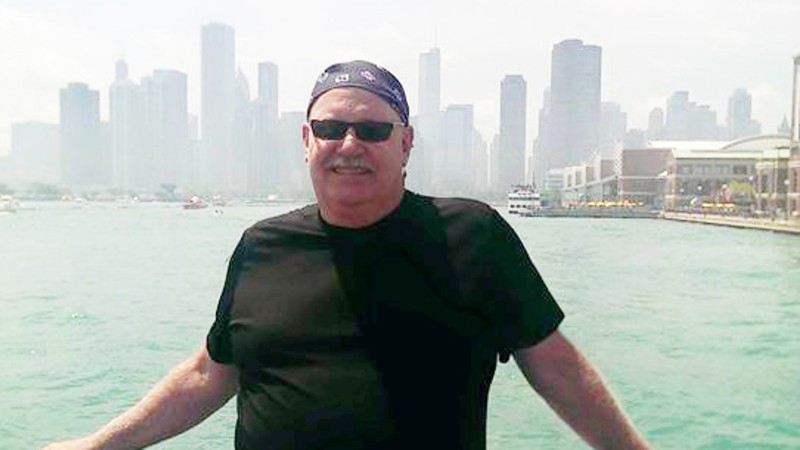
Dennis had a great cardiologist that assisted when we needed advice or direction. In August 2018, we met a neuro-muscular specialist who worked so hard to help us. She came into the picture in the last quarter of the game and found answers. In September 2018 he was diagnosed with ALS -- a couple years after the first symptoms appeared. Through all the struggles Dennis never gave up and did everything they asked him to do. He did daily PT and OT, until three days before his passing. He worked so hard. He wasn't ready to leave his family. Surrounded by his children, on October 31, 2018 (Halloween), he passed away from complications related to ALS.
Dennis passed knowing he wasn't going to find answers. He found peace knowing that we, his family, would get answers about what he was suffering from. More important to his final wishes, he knew his donation would benefit others in the future. Researchers at the VA-BU-CLF Brain Bank discovered that he had Stage III CTE with ALS. Dennis Farrell loved football. We know for sure he still would have played the game he loved, but he would have played safer.
The best advice we can offer is keep notes and make observations of your loved one. You know them best. Spend lots of time and have lots of patience. Don't stop trying to find answers. Advocate for those who can't fight for themselves. You will find someone and a place to help. The staffs at the Boston University CTE Center and the Concussion Legacy Foundation have been amazing. They offer guidance and advice that many of the professionals in Chicago he saw couldn't provide. We are grateful to the whole team in Boston.
We will forever love our father and will honor him every day for the rest of our lives. We miss him but know he is in a better place. Dennis's famous sign off: Peace, Love, & Bell-Bottoms!
You May Also Like

Hockey Hall of Famer and 4-time U.S. Olympian Angela Ruggiero wants to be an inspiration for female athletes to participate in concussion and CTE research.
Watch: Ruggiero on her legacy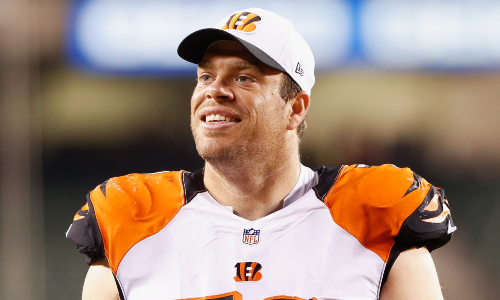
Former NFL player and NFLPA President Eric Winston took the #MyLegacyPledge to help the next generation of athletes.
Eric Winston on his legacy